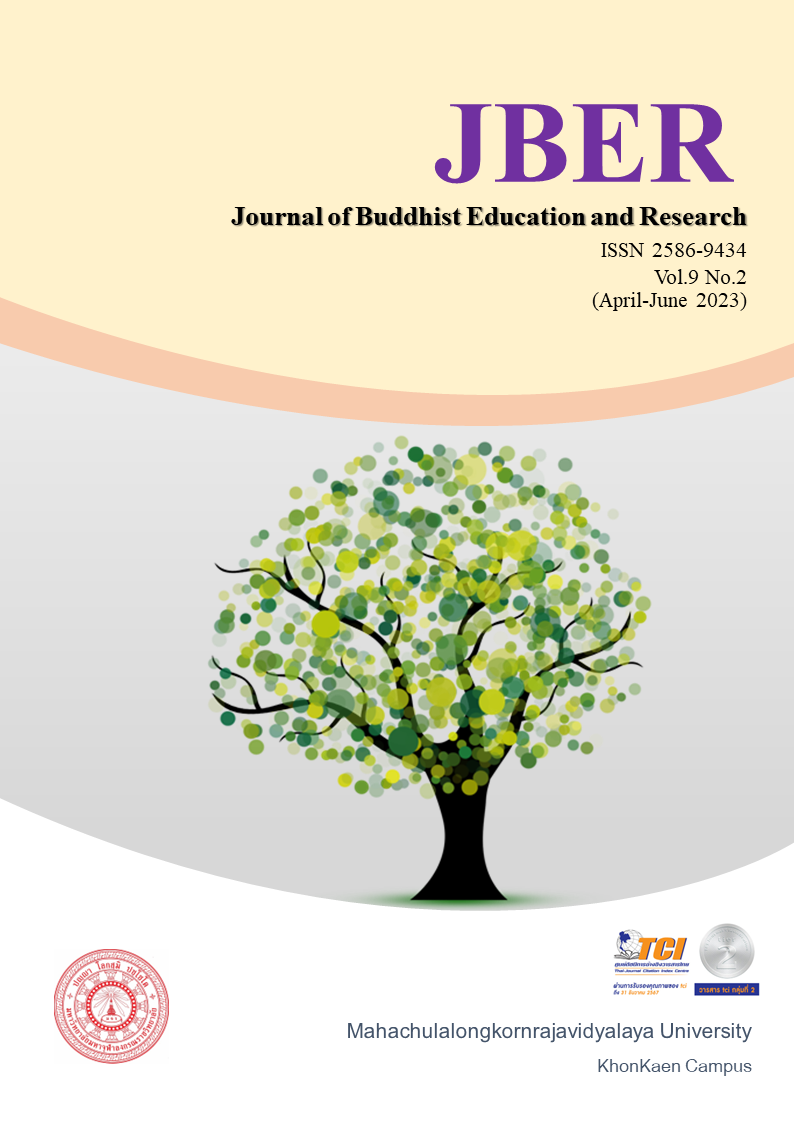THE APPLICATION OF THE HARVARD ANALYTICAL FRAMEWORK: A CASE STUDY OF WANT WANT CHINA HOLDINGS LIMITED
Keywords:
WANT WANT Group; Harvard analytical framework; strategic analysisAbstract
With the complexity of the market, the financial analysis methods of enterprises need to be updated. As a modern financial analysis method, the Harvard analysis framework adds the considerations of strategy, accounting and prospects to solve the limitations of traditional financial analysis.
The Harvard analysis framework has four analysis parts. First, starting from strategic analysis, detailed strategic analysis is carried out using PEST analysis, Michael Porter's five forces model, and SWOT analysis. The second is accounting analysis, which analyzes accounting policies and accounting estimates from five subjects. The third part is financial analysis. In terms of solvency, horizontal and vertical analysis is carried out from the aspects of profitability, operating ability and growth ability. The last part is prospect analysis, which comprehensively forecasts the development prospects and risks of Want Want Group.
Through research, it is found that Want Want Group should focus on integrating resources and expanding product structure in its strategic direction; in accounting, it should improve the internal audit guidance and internal audit system within the group to improve the quality of its employees; in terms of finance, it should optimize its own industrial structure and strengthen its financial period expenses. In terms of prospects, it is necessary to actively expand overseas markets, focus on the international business environment and foreign exchange risk control.
References
Alex, C. , & Francesco, L. . (2010). Labour markets and monetary union: a strategic analysis. Economic Journal(473), 541-565.
Austin, J. E. . (1990). Managing in developing countries: strategic analysis and operating techniques. Journal of Management, 19(3), 77-78.
B Stehlíková. (2001). Financial analysis as a financial management instrument. Acta Montanistica Slovaca, 6(special issue 1).
Benedito, M. . (2014). Accounting analysis of economic policy of spain (2012).
Brown, P. . (2005). The evolving role of strategic management development. Journal of Management Development, 24(3), 457-466.
Chai Xunzhou. The Application of Harvard Analytical Framework in Financial Analysis of Petroleum Enterprises. (Doctoral dissertation, Southwest Jiaotong University).
Chen Hanyan, Chen, Han-yan, Shanghai, Guanshengyuan, & Food, etc. (2017). Opportunities and challenges of snack food manufacturing in the "One Belt, One Road" strategy. Food Industry, 03(v.24), 200-203.
Chen Mingwei. (2020). Corporate Financial Analysis Based on the Harvard Analysis Framework. Accounting Learning (8), 2.
Chen Rong, Ou Bo, & Yan Zhiquan. (2016). Entering the dairy market, can Want Want create another "Wangzai Milk"?. New Food (6), 2.
Chrischer G. Pep, Paul M. Healy, Victor L. Bernard, Pep, Palepu, & Healey et al. (2004). Business Analysis and Valuation Using Financial Statements. CITIC publishing house.
Luo Yanling, & Cao Danting. (2007). A Brief Analysis of the Logistics Status of China's Snack Food Industry. Business Conditions (3), 1.
Mei. Franklin J. Plewa, Jr, George, T. Friedlob, author, & Li Guirong. (1999). A Comprehensive Understanding of Cash Flow. Tsinghua University Press.
PricewaterhouseCoopers. (2017). Balance Sheet, Income Statement, Statement of Changes in Equity, Statement of Cash Flow (Annual Report of Want Want China Holdings Limited (2016-2017)
PricewaterhouseCoopers. (2018). Balance Sheet, Income Statement, Statement of Changes in Equity, Statement of Cash Flow (Annual Report of Want Want China Holdings Limited (2017-2018)
PricewaterhouseCoopers. (2020). Balance Sheet, Income Statement, Statement of Changes in Equity, Statement of Cash Flow (Annual Report of Want Want China Holdings Limited (2019-2020).
PricewaterhouseCoopers. (2021). Balance Sheet, Income Statement, Statement of Changes in Equity, Statement of Cash Flow (Annual Report of Want Want China Holdings Limited (2020-2021).
Qiu Po, Han Wenfeng, Wang Kunjiang, & Zhao Fengfeng. (2012). The current situation and development direction of snack food industry in my country. Food Research and Development, 33(4), 3.





